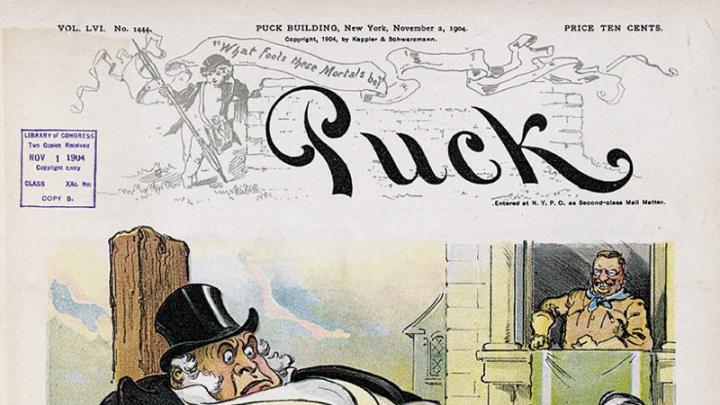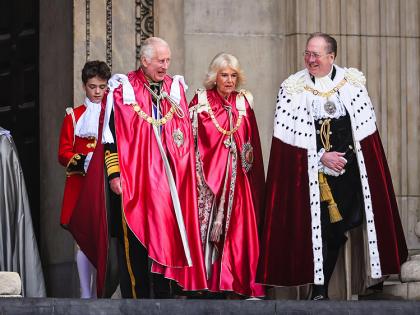Political parties occupy an unspecified and shape-shifting role in American governance: think about the realignment of allegiances to the Democratic and Republican banners in the American South during the past half-century. With an election in the offing, scholarly perspective may be particularly useful. Heather Cox Richardson ’84, Ph.D. ’92, professor of history at Boston College, offers one in To Make Men Free: A History of the Republican Party (Basic Books, $29.99). From the introduction:
In 1862, in the midst of the Civil War, Republican Justin Smith Morrill stood up in Congress to defend his party’s novel invention: an income tax. The government had the right to demand 99 percent of a man’s property, Morrill thundered. If the nation needed it, “the property of the people…belongs to the government.” The Republican Congress passed the income tax…and went on to create a strong national government. By the time the war ended…the Republicans had fielded an army and navy of more than 2.5 million men; had invented national banking, currency, and taxation; had provided schools and homes for poor Americans; and had freed the country’s four million slaves.
A half-century later, when corporations dominated the economy and their millionaire owners threw their weight into political contests, Republican Theodore Roosevelt fulminated against that “small class of enormously wealthy and economically powerful men, whose chief object is to hold and increase their power.”…Roosevelt called for government to regulate business, prohibit corporate funding of political campaigns, and impose income and inheritance taxes. He demanded a “square deal” for the American people.
In the mid-twentieth century, Republican president Dwight Eisenhower reiterated the earlier Republican calls for economic opportunity and applied them on an international scale. Believing that economic inequality bred war…Eisenhower sought to prevent international conflict by raising standards of living everywhere.…He called for government funding for schools, power plants, roads, and hospitals.
…At other times, the Republicans have thrown their support behind America’s wealthiest men: Congress has passed laws that benefit businessmen—has even permitted businessmen to write legislation—and has blamed those who fell behind for their own poverty.…
Over the 160 years of their history, Republicans have swung from one pole to another: sometimes they have been leftists, sometimes reactionaries.…How did the…party of Abraham Lincoln, Theodore Roosevelt, and Dwight D. Eisenhower…become the party of today?








